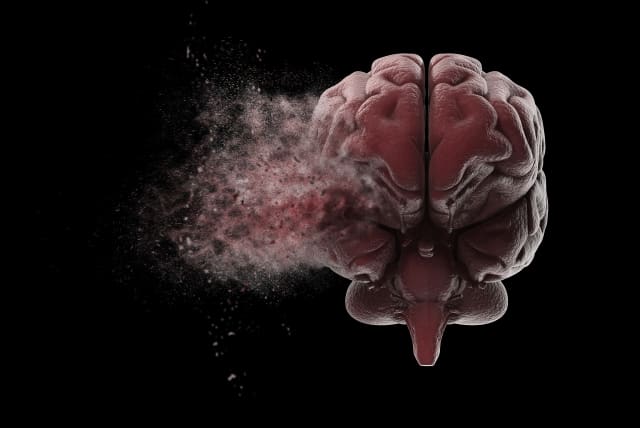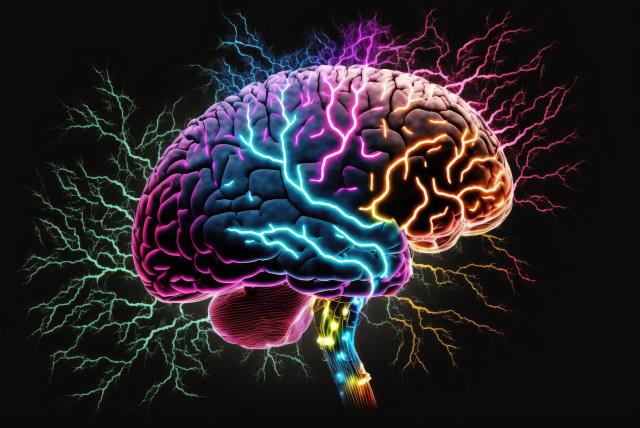How to spot traumatic brain injury

Many people, including children and the elderly, at susceptible to brain injuries. Here are some symptoms of brain injuries to be aware of.
Everyone, children and elderly people in particular, are at risk of developing a mild traumatic brain injury due to a head injury. The following are the symptoms you should be aware of.
Children may fall and get a blow to the head while playing, riding bikes, roughhousing, and in other situations. This puts them at risk of developing traumatic brain injuries, which in some cases can lead to lifelong disability or death.
The elderly are also particularly susceptible to traumatic brain injury due to the high risk of falling.
In addition, blood-thinning medications often taken by older adults increase the risk of brain bleeding when they sustain head trauma.
Common symptoms of brain injuries:
- Severe headaches
- Nausea
- Vomiting
- Confusion
- Loss of consciousness
- Dizziness
- Visual, speech, or smell disturbances
Another symptom is vertigo - a false sensation of spinning or the environment moving continuously. This sensation may be accompanied by nausea, vomiting, sweating, or difficulty walking. The cause of this disturbance may be an injury to the inner ear, the vestibular nerve, or the brain's vestibular nuclei.
Later symptoms
After several hours or even days, additional symptoms may appear, such as problems concentrating, sleep disturbances, irritability, sensitivity to light and noise, and more. Not all symptoms will always appear together, and sometimes they only manifest several hours after the injury.
According to medical experts, if one or more symptoms occur, it is essential to go to the nearest emergency room to be checked and ensure there is no brain fracture or bleeding. If the concern is dispelled after a neurological examination and a CT scan, the patient will be sent home for several days of rest.
Jerusalem Post Store
`; document.getElementById("linkPremium").innerHTML = cont; var divWithLink = document.getElementById("premium-link"); if (divWithLink !== null && divWithLink !== 'undefined') { divWithLink.style.border = "solid 1px #cb0f3e"; divWithLink.style.textAlign = "center"; divWithLink.style.marginBottom = "15px"; divWithLink.style.marginTop = "15px"; divWithLink.style.width = "100%"; divWithLink.style.backgroundColor = "#122952"; divWithLink.style.color = "#ffffff"; divWithLink.style.lineHeight = "1.5"; } } (function (v, i) { });

